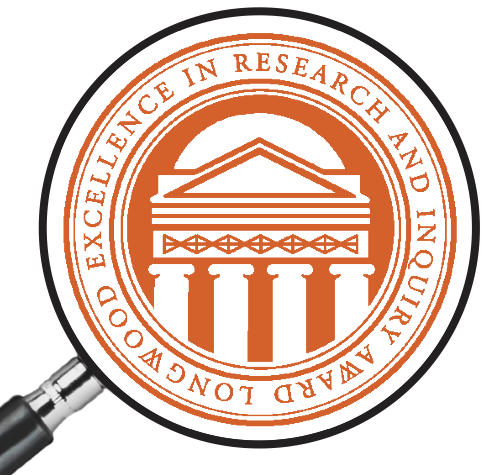Title
(Dis)advantages of Device-Free Time: A Qualitative Study
Loading...
Document Type
Presentation
Publication Date
Fall 11-16-2022
Abstract
Smartphone use is associated with things like immersion into false realities, worsened mental health, and even addictive tendencies, and reducing usage can produce both negative outcomes like fear of missing out and separation anxiety, as well as positive outcomes like attainment of study goals and reflective states (defined as states wherein behavior relies on forethought and a deliberate examination of options). However, there is a gap in what is known about expectations in anticipation of smartphone use reduction, and the prevalence of quantitative approaches has meant that there is a lack of richer, participant-driven data about device-free experiences. Using qualitative coding of student reflections, the project addresses the question: What do students expect, and what outcomes do they experience, from device-free periods of time? Based on existing literature, we expected themes of negative expectations paired with generally positive outcomes, including presence (defined as being present in the real world rather than engrossed or absorbed by media), focus, and psychological well-being.
Recommended Citation
Burrill, Sandy, "(Dis)advantages of Device-Free Time: A Qualitative Study" (2022). Fall Student Showcase 3 Minute Presentation Competition. 7.
https://digitalcommons.longwood.edu/fall3mp/7



Comments
Faculty Advisor: Dr. Sarai Blincoe
PSYC 490: Independent Research